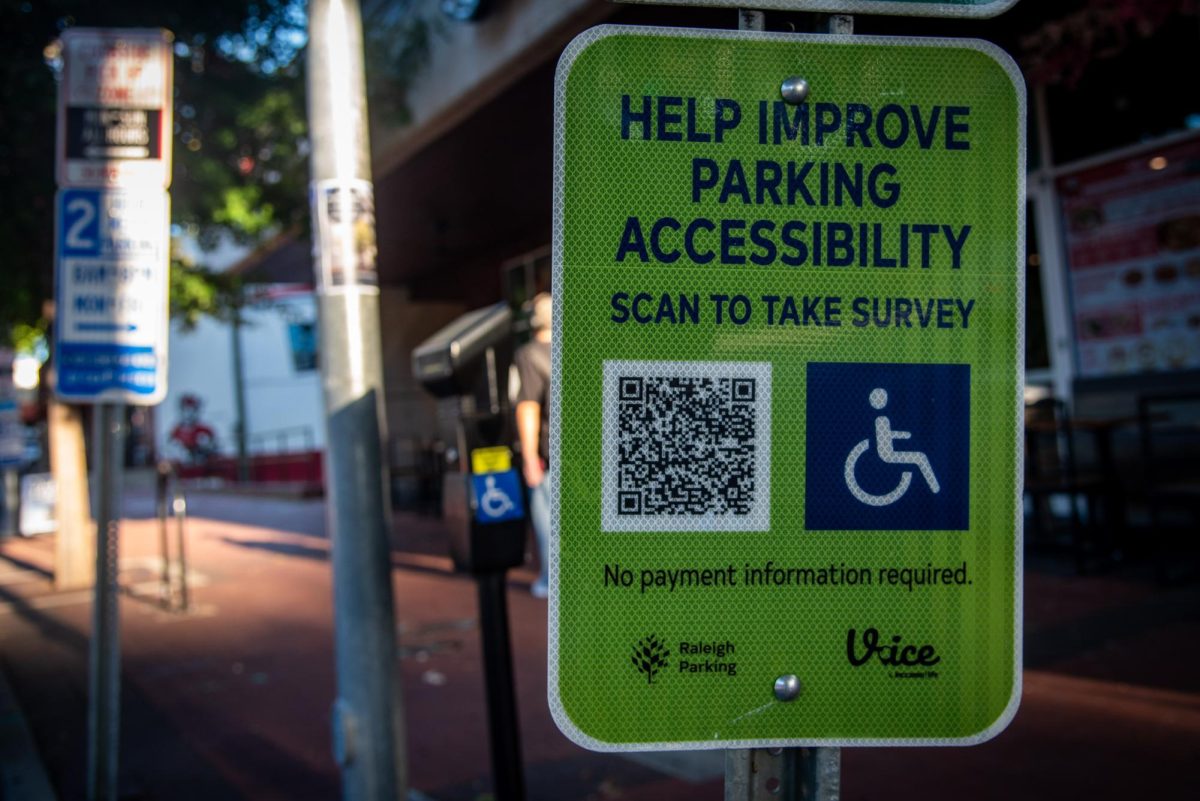Gov. Josh Stein’s power to block legislation was sharply tested this summer as Republican lawmakers, joined by a few Democrats, overrode vetoes on several bills that touched on immigration enforcement, environmental policy and LGBTQ+ rights.
The general assembly voted Tuesday, July 29 to overturn Stein’s vetoes on laws surrounding numerous issues, including House Bill 318, requiring local sheriff departments in the state to cooperate with U.S. Immigration and Customs Enforcement detainer requests, and Senate Bill 266, eliminating an interim goal requiring Duke Energy to reduce carbon emissions by 70% by 2030 — though leaving in place the requirement to be carbon neutral by 2030.
Other veto overrides included House Bill 805, excluding gender identity from state definitions of biological sex and permitting lawsuits against medical providers who perform gender transition surgery, House Bill 402, requiring the General Assembly to approve regulations costing more than $20 million over five years and House Bill 193, permitting private schools to allow some employees to carry guns on campus.
Four Democrats joined with Republicans on one or multiple bills to get the legislation across the finish line — Charlotte Democratic Representatives Nasif Majeed and Carla Cunningham, Edgecombe County Representative Shelly Willingham and Representative Cecil Brockman of Guilford County.
Political science professor Steven Greene said that often, Democrats may simply disagree with their caucus on these issues and choose to vote with Republicans, or some Democrats in competitive districts may believe voting across the aisle will help them electorally.
“Some of these people may just simply agree with the Republicans,” Greene said. “If you are truly in a swing district that could go either way. ‘Hey look, I’m bipartisan, you Republicans should vote for me too.’”
However, several Democratic representatives were in safe districts for their party. Greene said their votes can largely be chalked up to personal preferences and potential higher ambitions.
“In the end, legislators do have their own preferences, right? And then if they genuinely believe some of this legislation is what’s best for either their constituents or the state,” Greene said. “Maybe even in some cases, positioning themselves, even if they’re in a safe district, they may be thinking, ‘I want to run for this higher office. I want to run for Congress.’”
Greene said the veto override votes serve to significantly limit the power Stein can exercise as governor.
“But I mean, if you are vetoing bills and then those vetoes can’t even be upheld and are consistently overwritten, it substantially diminishes the governor’s power to shape the laws and policy in this state,” Greene said.
The Democratic defections are likely not symptomatic of significant discord in the Democratic caucus. Republicans are generally better at keeping their caucus together due to holding the levers of power and an inbuilt advantage due to gerrymandering, Greene said.
“The fact that [they’re able] to pick off one or two, here or there. That’s not necessarily like these are renegade Democrats, suggesting there’s not something systemic.”
Greene said the Democratic defectors are not likely at risk of significant primary challenges due to the nature of the swing districts and people typically paying less attention to state-level politics.
“For most of them, there is not a risk of a significant primary challenge. It would not surprise me if one or two of them became a target,” Greene said. “Anybody who is in a seat that Democrats feel confident they would win with another candidate that would be a more reliable candidate.”
Beck Whitehead, a third-year studying political science and president of the NC State College Democrats, said he would support primary challenges for many of the Democratic defectors.
“Carla Cunningham, and she’s going to run again as a Democrat, right? And we’re going to do everything in our power to make sure she gets primaried out,” Whitehead said. “It’s an accountability thing.”
Whitehead said he and the College Democrats are concerned about the impact some of these bills may have on the state, including House Bill 318.
“I think the whole concern with the ICE thing from both a federal and state level is that it seems to not exactly be like the model of serve and protect, it seems to be more of like encroach, profile and enforce,” Whitehead said.
Whitehead said the College Democrats were also concerned about the passing of HB805.
“To hate on [the LGBTQ+ community], they’re just trying to essentially be happy and try to represent who they are as a person,” Whitehead said. “And I really think it’s not only disrespectful that we’re encroaching on the way they’re able to identify, but it’s not just fair.”
The NC State College Republican and NC Republican Party did not respond to a request for comment.
Whitehead said he is concerned that many Democratic defectors are failing to represent their constituents, Whitehead said.
“I was an intern over the summer, at the general assembly, and I was even kind of surprised to see the backroom internal politics of some of these swing areas,” Whitehead said. “But I think it’s very safe to say that Mecklenburg County is a very blue area.”
The NC House and Senate reconvened Tuesday, Aug. 26, to continue taking up several veto override votes. Senate Bill 50, the ‘Freedom to Carry NC’ permitless carry bill, was placed on the House calendar for a veto override vote scheduled on Sept. 22, further challenging Governor Josh Stein’s veto authority amid this session.




